A new law in Seattle aimed at protecting delivery drivers has customers opting out of ordering takeout and restaurants seeing plummeting sales. The controversial minimum wage hike for gig workers has the city council scrambling to walk back the harsh effects of the well-intended but poorly executed effort to boost pay.
The delivery driver minimum wage, enacted in 2022, boosted pay but added fees that turned customers away in droves, with a 30% drop in orders reported. Attempts to find a middle ground continue as all sides feel the sting of the botched wage hike.
Seattle Passes Controversial $20 Minimum Wage Law
The Seattle City Council passed a new law enforcing a $20 minimum wage for gig workers, including delivery drivers.

Under the proposed revision, gig workers would earn $19.97 per hour, Seattle’s minimum wage, plus $0.35 per mile.
How the New Law Impacts Delivery Drivers and Customers
Delivery drivers are now guaranteed an hourly minimum wage of $19.97 in Seattle, which is meant to account for costs like gas and vehicle maintenance.
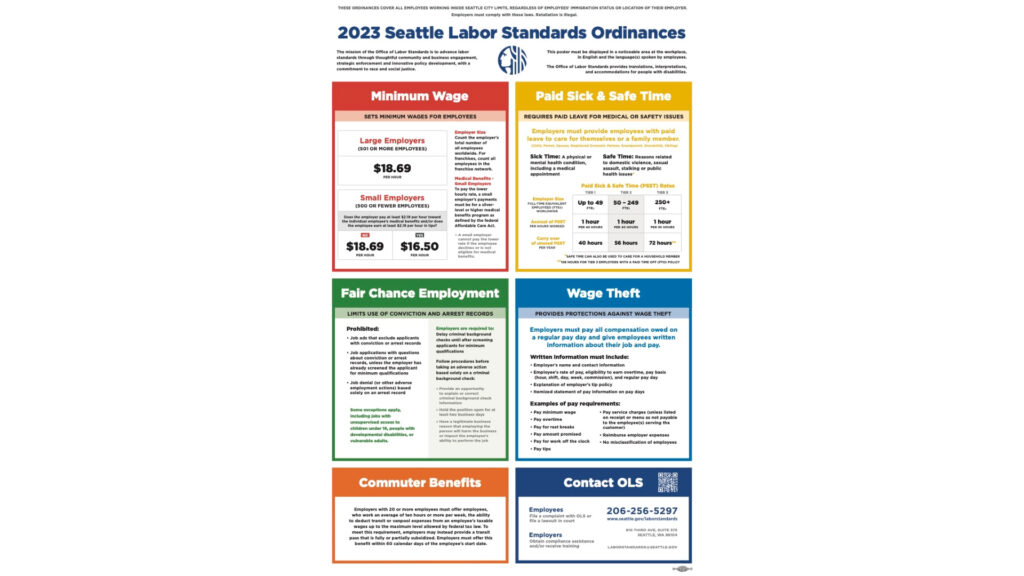
However, the additional fees charged to customers have led to a huge drop in delivery orders, negatively impacting drivers’ total pay.
Delivery Drivers Fully Support The New Wage Law
Many delivery drivers support the law because it provides a stable base pay. “This law means I can actually earn a living doing this work instead of making below minimum wage,” said David, a Dasher for over two years.
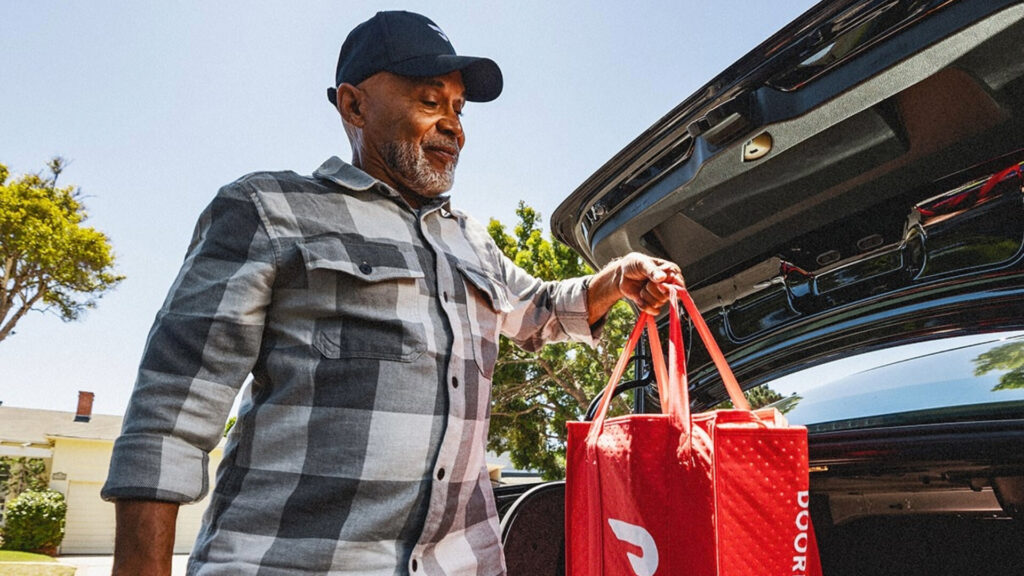
Still, the significant loss of orders has cut into drivers’ overall income. DoorDash reported a 30% decrease in delivery volume, amounting to over 300,000 lost orders.
Restaurants Impacted By New Law As Online Orders Reduce
Restaurants have also seen a major impact, with some reporting 20-50% decreases in delivery and takeout revenue.

“Our delivery and takeout used to make up about 30% of sales,” said John Chen, owner of Jade Garden Restaurant. “Now it’s only 15%. We’ve had to cut employee hours and raise menu prices to try and make up for it.”
Arguments For And Against The New Wage Law
Proponents argue the law is necessary to provide fair wages for delivery drivers. However, critics say it has unintentionally hurt the people it aimed to help by making delivery far less affordable and viable as an income source.
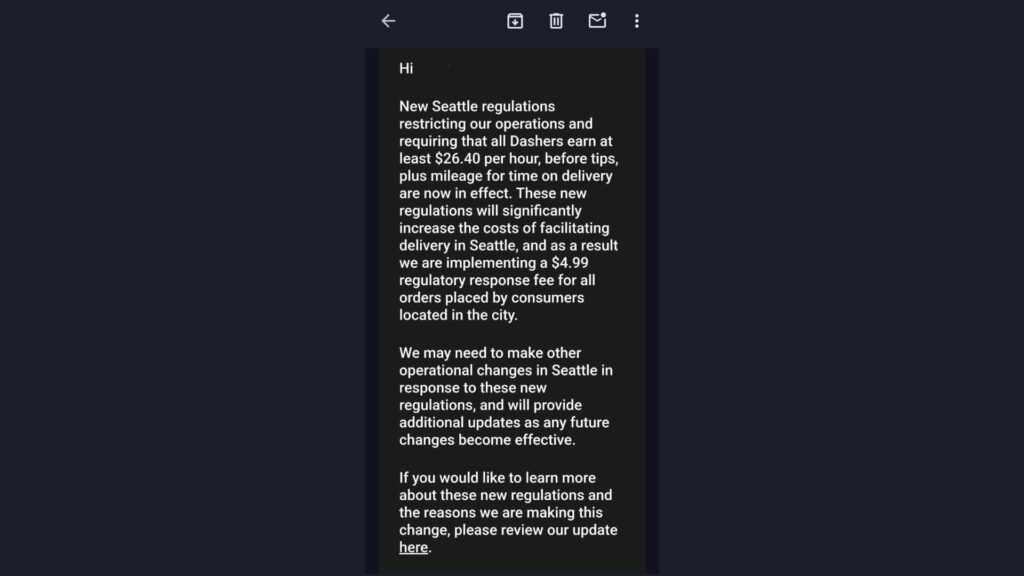
The Seattle City Council is now considering amendments to balance the needs of both drivers and customers.
Drivers Also Impacted by the Decline
While the PayUp bill aimed to help gig workers earn a living wage, the drop in delivery orders has ultimately hurt drivers’ pay.
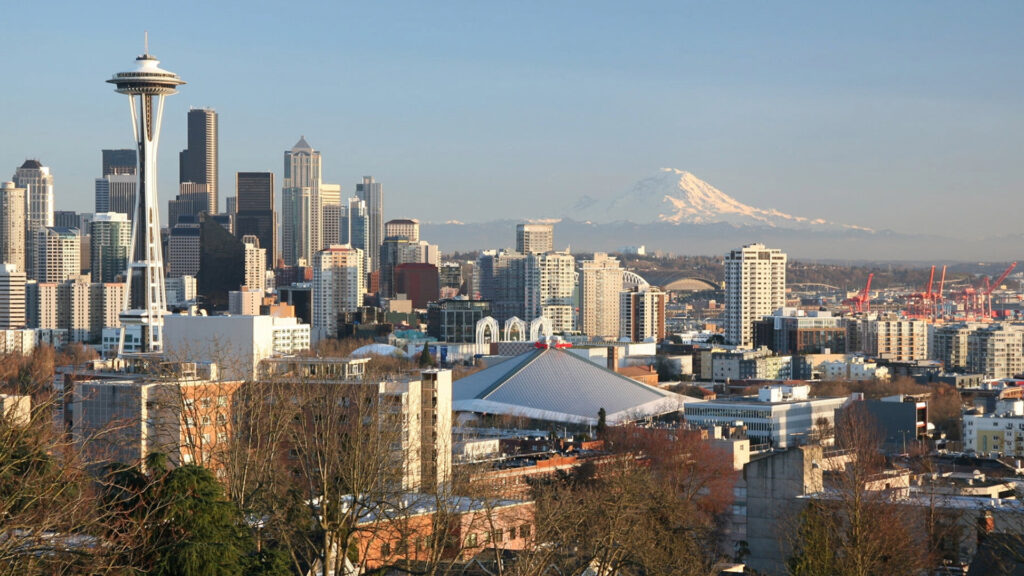
With fewer delivery requests, drivers have fewer opportunities to earn tips and are making less money overall despite the wage increase.
A Compromise May Be on the Horizon
Although some worker advocates oppose lowering the wage, others hope a compromise will help restore lost revenue for businesses and drivers. The city council may vote on changes to the PayUp bill by May 21.
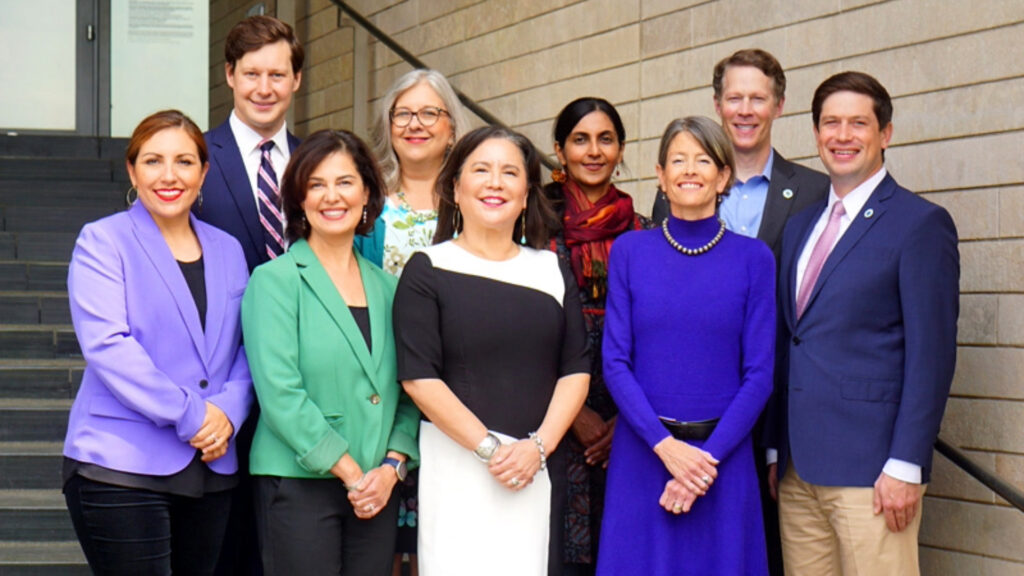
By revising the law to balance fair pay and sustainability, the city hopes to remedy the situation for restaurants, drivers, and customers alike.
DoorDash and Uber Report Significant Order Declines
Since Seattle’s new minimum wage law went into effect, delivery companies like DoorDash and Uber Eats have reported major drops in order volumes.
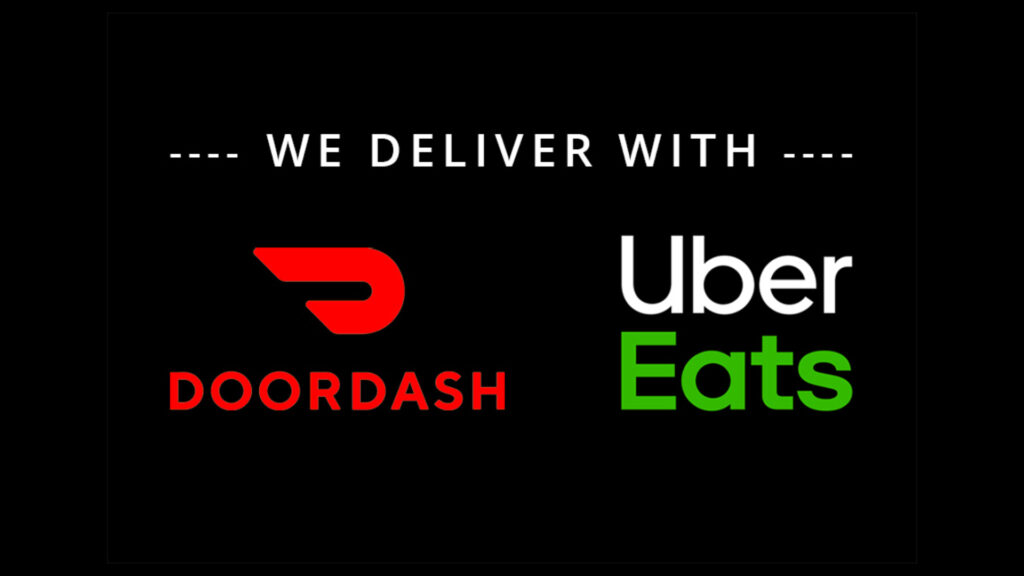
According to DoorDash, the company has seen 300,000 fewer delivery orders in Seattle over the past three months, which the company attributes directly to the wage law and resulting in higher fees for customers.
Workers’ Rights Groups Still Support Pay Bump Despite Backlash
Workers’ rights organizations continue to advocate for Seattle’s gig economy drivers even as delivery orders decline in the city.
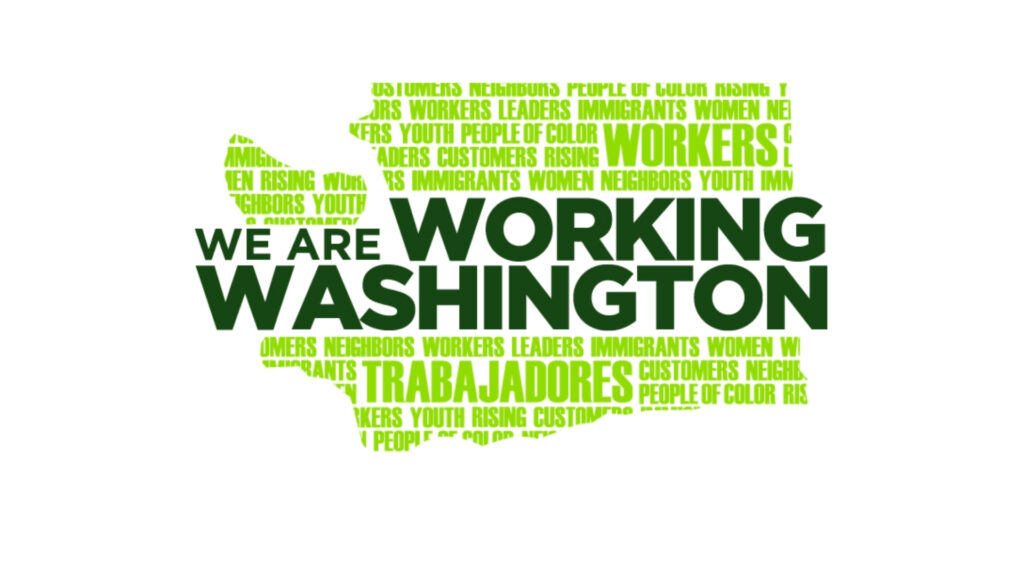
Groups like Working Washington argue the PayUp bill protects drivers who face costs like gas and vehicle maintenance.
What Happens Next? Possible Amendments Before Final Vote
The Seattle City Council is considering amending the PayUp bill to find a compromise that protects gig workers’ wages without hurting local businesses.

As the council reviews feedback and data from the initial rollout, they are looking at ways to adjust the bill before a final vote, which could come as soon as May 21.
Yes To Protecting Gig Workers, But There Needs To Be a Balance
According to finance expert Michael Ryan, “Protecting gig workers is important. But the real-world impacts have been pretty brutal for all sides so far.
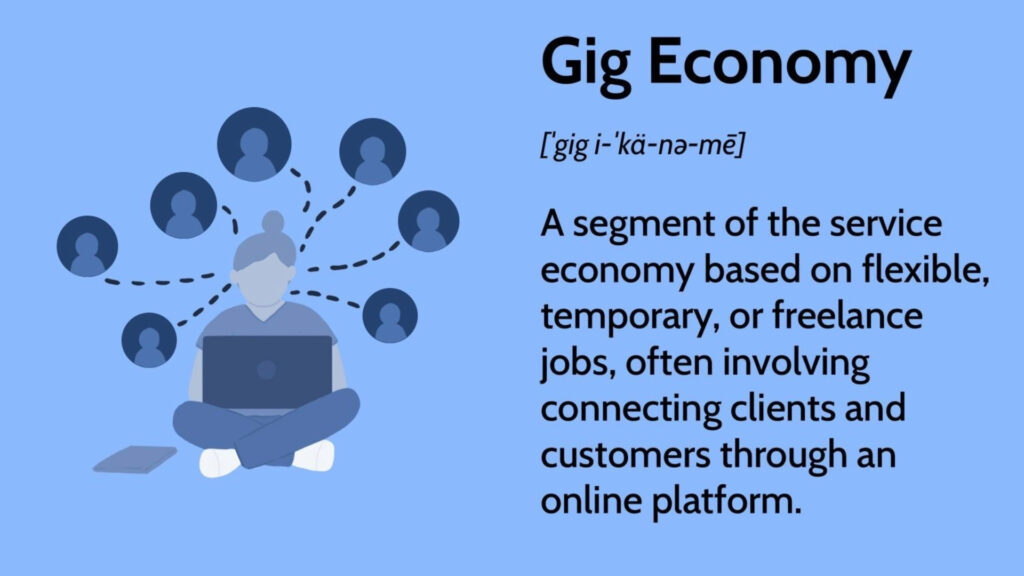
One possibility is to reduce the minimum wage for gig workers from $26 per hour to $19.97, which is Seattle’s standard minimum wage while keeping the minimum $0.35 per mile.
The Council Left To Weigh In On The Multiple Voices
With many voices weighing in, the city council has a difficult decision. They want to support both living wages for gig workers and a thriving local economy.
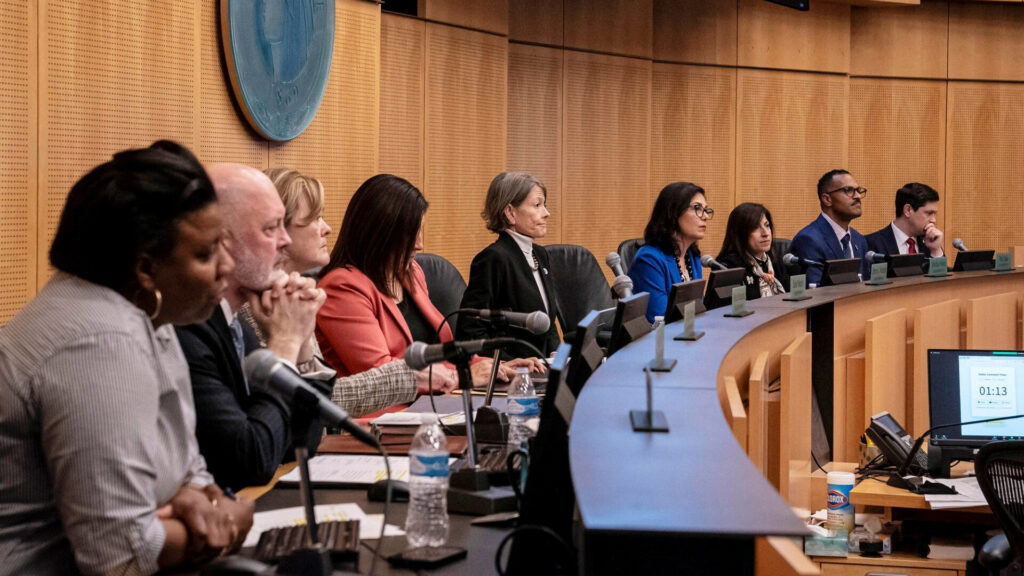
The final vote could determine whether revising PayUp can achieve the right balance or if the policy needs another round of amendments to satisfy all sides.
Tough Decisions Ahead
The Seattle City Council has some tough decisions ahead as it weighs the impacts of its prior minimum wage law against a new proposal.
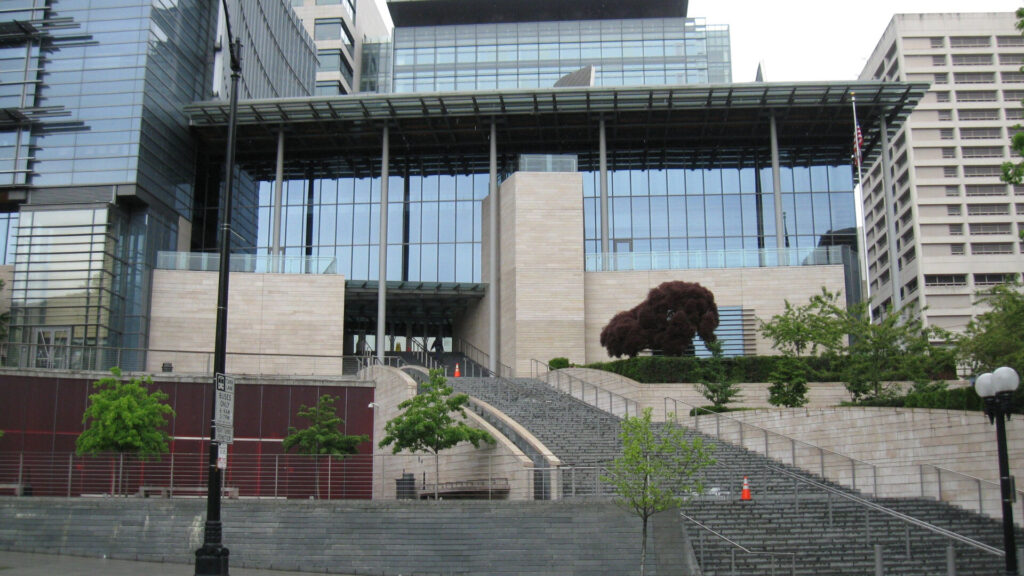
On one hand, workers need protection and fair compensation. On the other, restaurants have seen plummeting sales that are hurting their bottom line.
The Ball is In The Council’s Court
While the council set out to do good with its original bill, it may have underestimated how significantly higher fees would curb delivery demand.
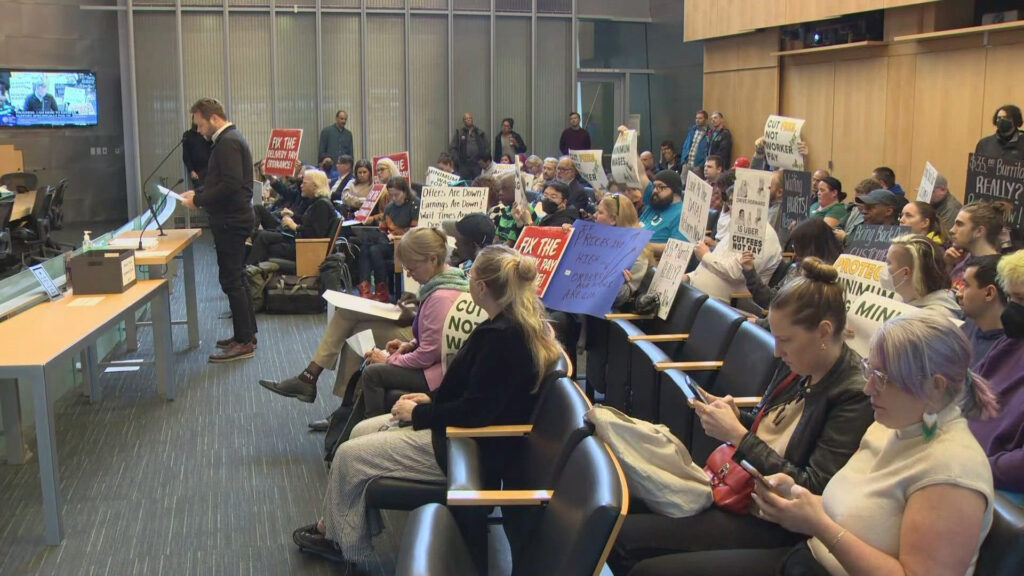
As leaders look to strike a balance, some reasonable middle ground may be the best solution. This complex issue has far-reaching ramifications, so the council will need to act thoughtfully.





GIPHY App Key not set. Please check settings